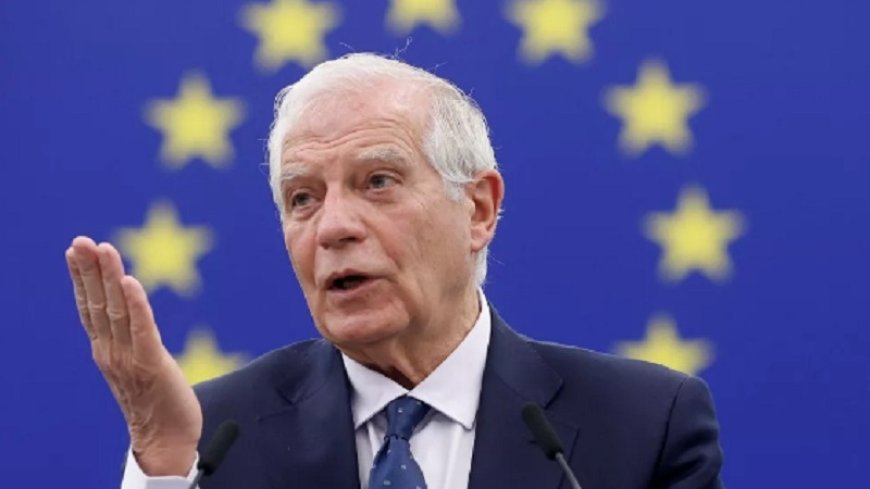EU's Borrell: Orbán Not Authorized to Represent EU at TOC Summit

Josep Borrell, the High Representative of the European Union for Foreign Affairs and Security Policy, has clarified that Hungarian Prime Minister Viktor Orbán did not have the mandate to represent the EU at the recent informal summit of the Organization of Turkic States (TOC) held in Shushi.
In a statement posted on social media platform X (formerly Twitter), Borrell emphasized, "Orbán has not received a mandate from the EU Council to represent his interests at the OTC summit." This declaration underscores the EU's position on Orbán's role in international diplomacy, particularly concerning matters that affect EU policy and stance.
EU's Position on Northern Cyprus and Turkish States
Borrell reiterated the EU's stance against efforts by Turkish countries to legitimize the Turkish Republic of Northern Cyprus, reaffirming that the EU recognizes only the Republic of Cyprus as a legitimate entity. This position is pivotal in EU foreign policy regarding Cyprus and its territorial integrity.
Orbán's Visit to Moscow and EU-Russia Relations
The statement by Borrell comes in the context of Orbán's recent visit to Moscow. Borrell previously stated that the EU does not engage in official contacts with Russian President Vladimir Putin, emphasizing that Orbán's visit to Moscow was conducted "exclusively within the framework of bilateral relations." This distinction underscores the EU's cautious approach towards Russia amid ongoing geopolitical tensions.
Hungarian Presidency in the EU Council
Addressing Orbán's role as the current holder of the EU Council presidency, Borrell clarified that this position does not grant Hungary special rights to represent the EU on the global stage. This statement underscores the principle that EU foreign policy is coordinated collectively and does not allow individual member states to independently represent EU interests without explicit authorization.
Future Implications and EU Diplomatic Strategy
The EU's firm stance on Orbán's representation at the TOC summit reflects broader efforts to maintain unity and coherence in its external relations. As geopolitical dynamics evolve, particularly in Eastern Europe and the Mediterranean, the EU continues to navigate complex diplomatic challenges while upholding its core principles of sovereignty and international law.
Josep Borrell's statement regarding Viktor Orbán's representation at the TOC summit highlights the EU's commitment to clarity and coherence in its foreign policy engagements. The ongoing developments underscore the delicate balance the EU maintains between member states' autonomy and collective representation on the international stage, amidst evolving global challenges and regional dynamics.
Tags:
- European Parliament elections
- TOC Summit
- European citizens
- democratic process
- Democracy Perception Index
- DPI
- public trust
- democratic institutions
- Greece
- France
- Hungary
- rule of law
- European values
- EU budget suspension
- Ukraine war
- democratic sentiment
- media freedom
- government critics
- EU aid
- economic recovery
- migrant crisis
- police brutality
- pension reforms
- public dissatisfaction
- citizen-government disconnect
- radical movements
- anti-democratic movements
- mainstream politics
- extremist groups
- democratic decline
- Western democracy
- liberal democratic identity
- double standards
- public trust
- existential crisis
- European project
- economic inequality
- social injustice
- democratic institutions
- anti-democratic forces
- European democracy.













































